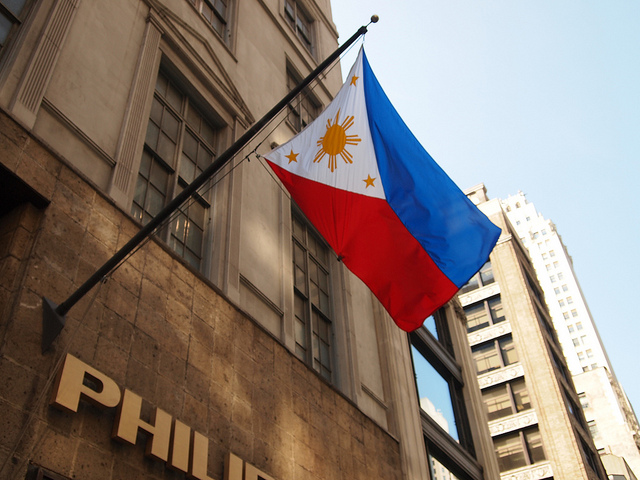Business and Economy
EU Parliament tackles PH report on GSP+

The European Union (EU) Parliament has tackled the key issues in the Philippines as part of the monitoring of the Generalised Scheme of Preferences Plus (GSP+). (Photo by Marlon E/Flickr, CC BY-SA 2.0)
MANILA — The European Union (EU) Parliament has tackled the key issues in the Philippines as part of the monitoring of the Generalised Scheme of Preferences Plus (GSP+).
EU Ambassador to the Philippines Franz Jessen told reporters that the bloc’s legislative body meeting on Feb. 20 “went well”, wherein the reports of countries benefitting the GSP+ were discussed.
In the working document of the European Commission for the Philippines, it assessed the country’s compliance with the GSP+ obligations, particularly adhering to the 27 international conventions concerning with human rights, labor rights, environmental protection and climate change, and good governance.
Aside from the Philippines, the EU Parliament assessed other GSP+ beneficiaries such as Armenia, Bolivia, Cabo Verde, Georgia, Kyrgyzstan, Mongolia, Pakistan, Paraguay, and Sri Lanka.
Meanwhile, Jessen has welcomed the development in the country’s exports to the economic bloc due to the GSP+.
“On trade front, [I’m] quite happy with the development,” the EU envoy here said.
In December 2014, the EU upgraded the GSP benefits of the Philippines to GSP+, which already expanded the inclusion of products with zero tariff from 2,442 under the regular GSP to 6,274 goods in the GSP+.
Data from the Philippine Statistics Authority (PSA) showed that EU’s share to the country’s total exports increased to 15 percent in 2017 from 12 percent in 2016.
Philippine exports to the 28 member states of EU grew 32.8 percent to USD9.26 billion last year from USD6.97 billion in 2016.
“I think, GSP+ is helping your exports in a very significant manner,” Jessen said.





















